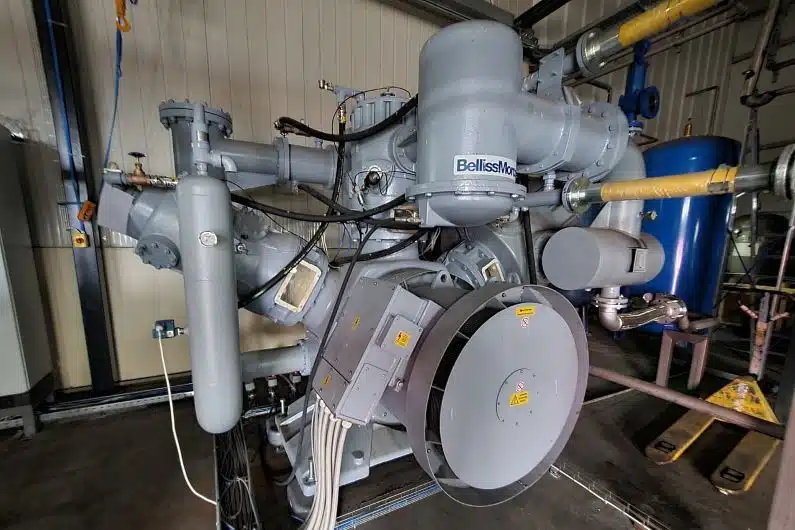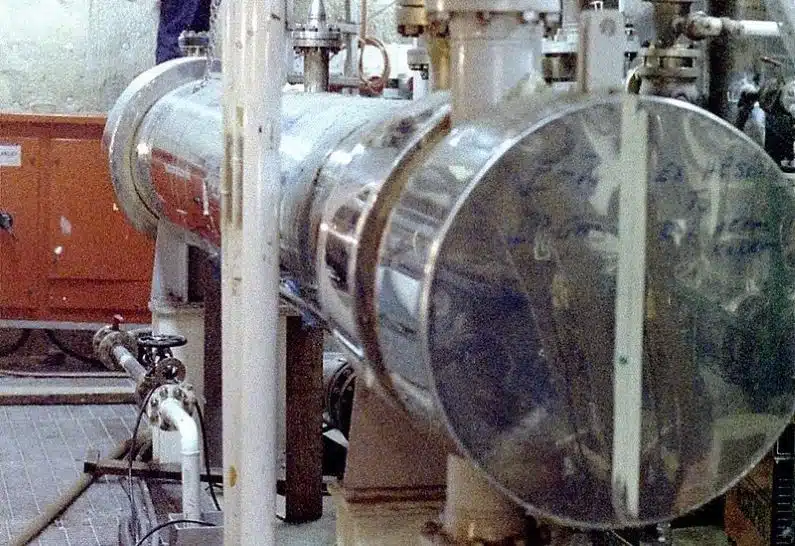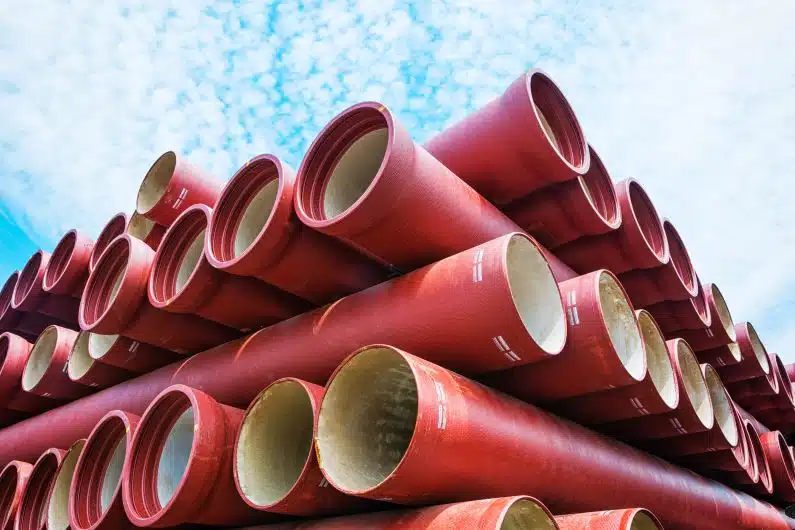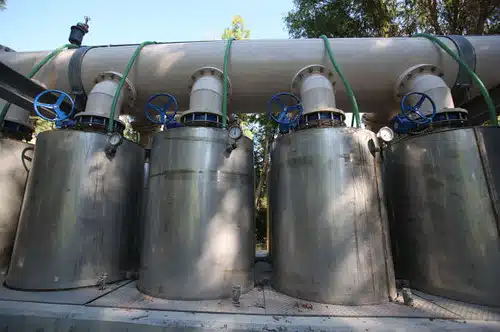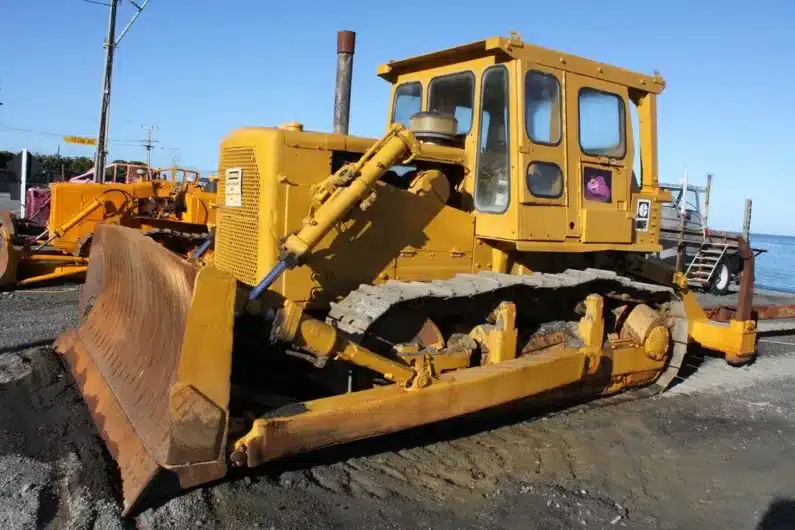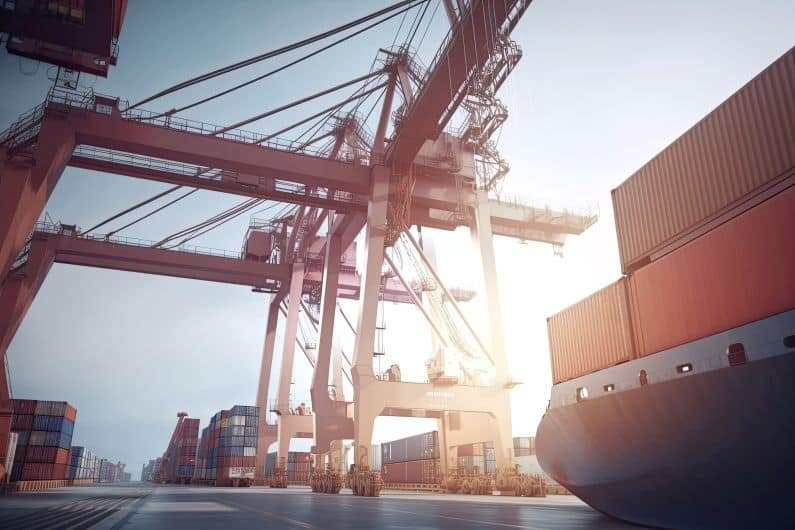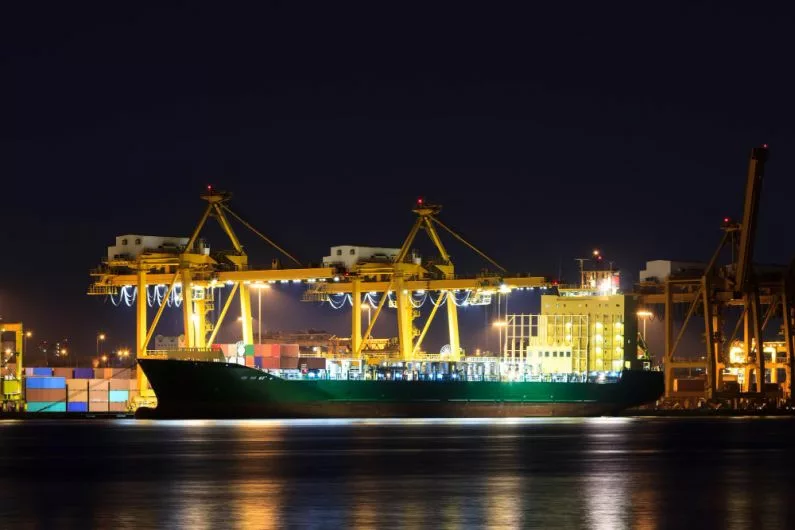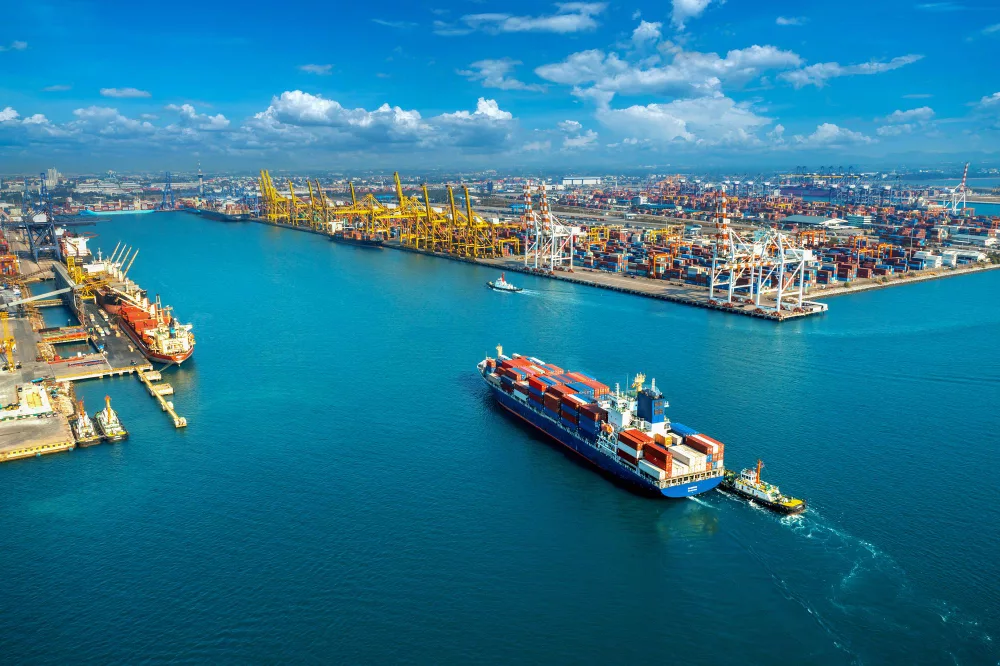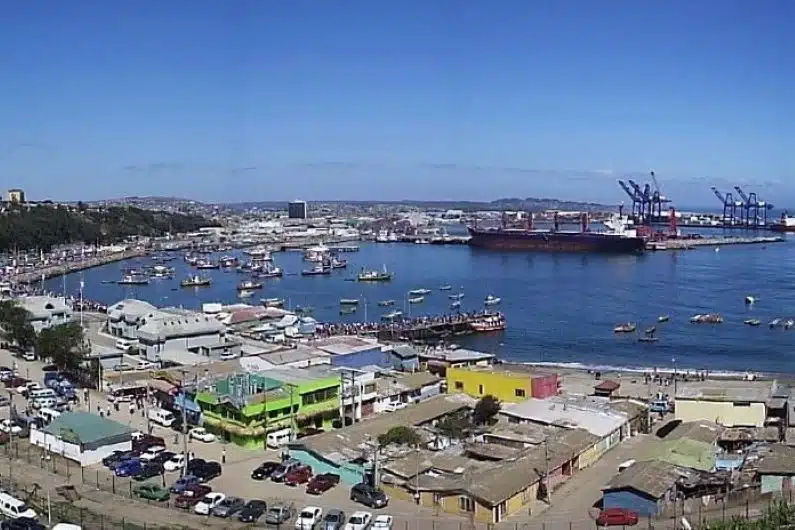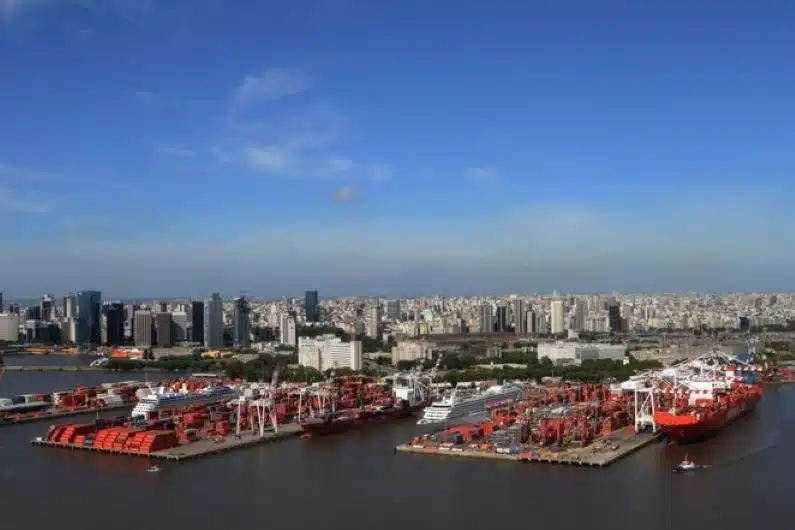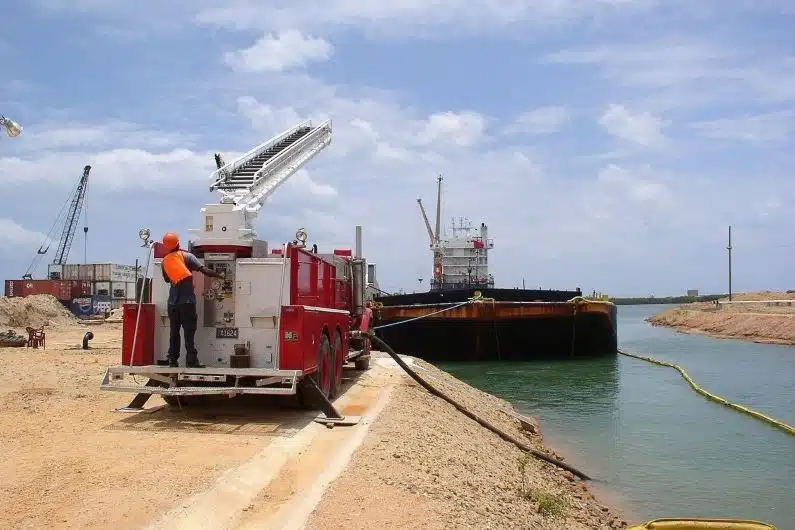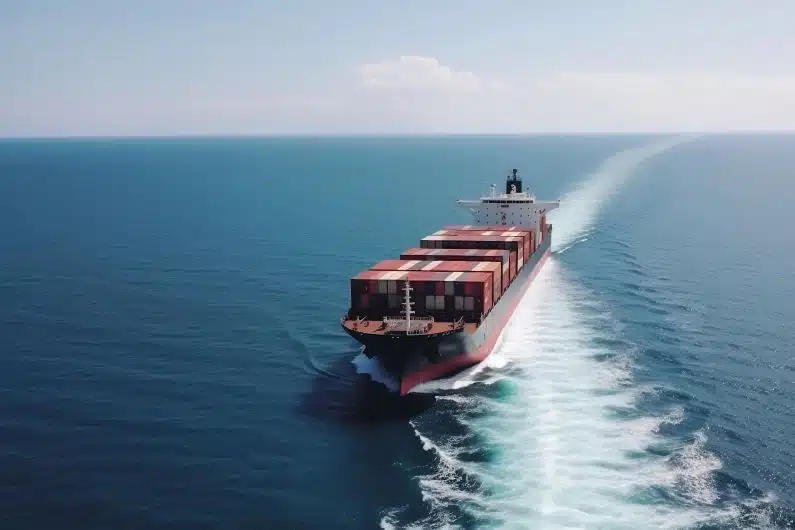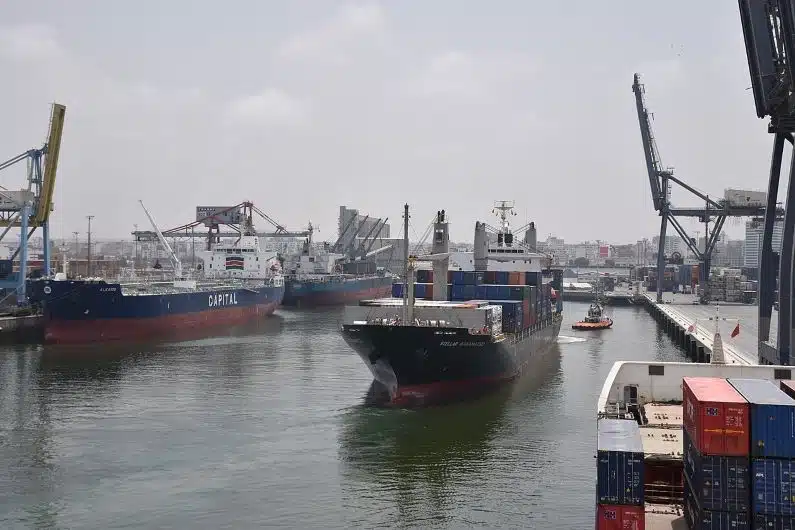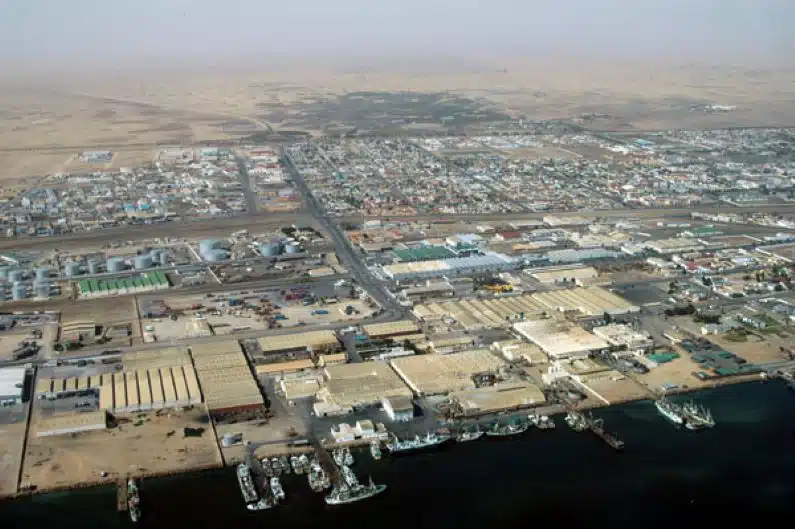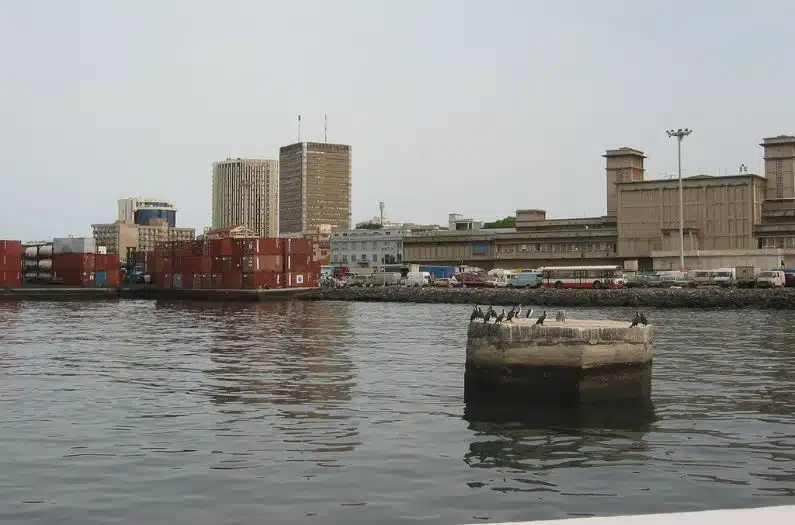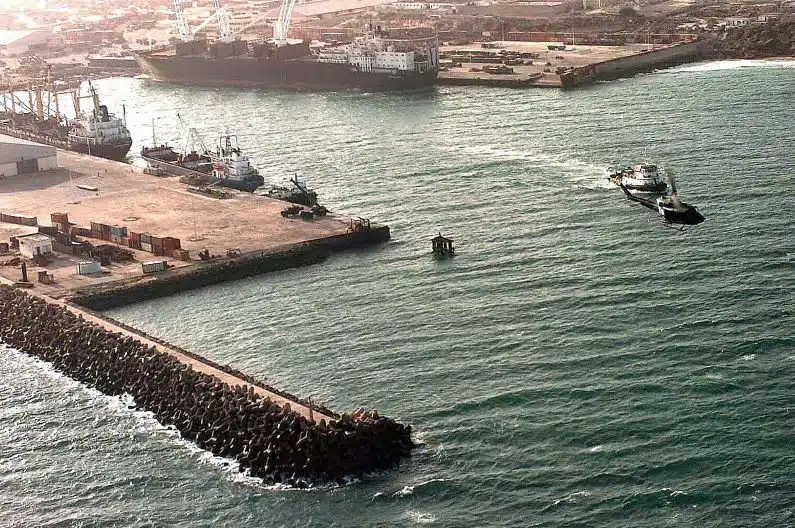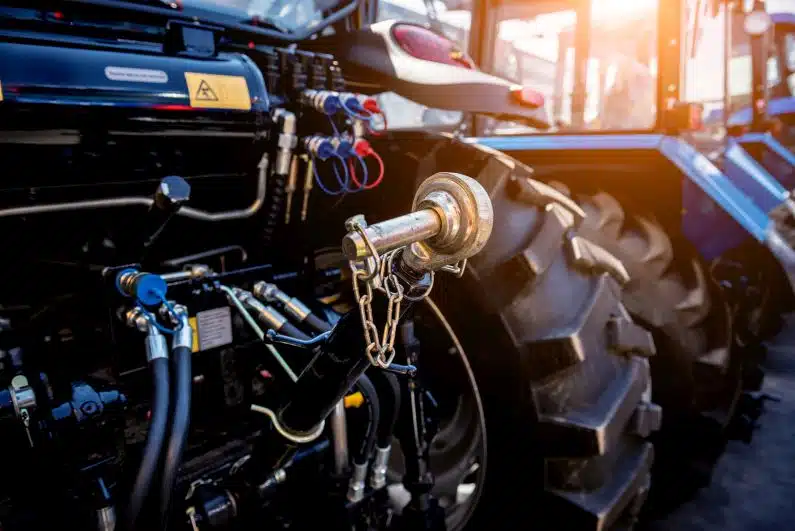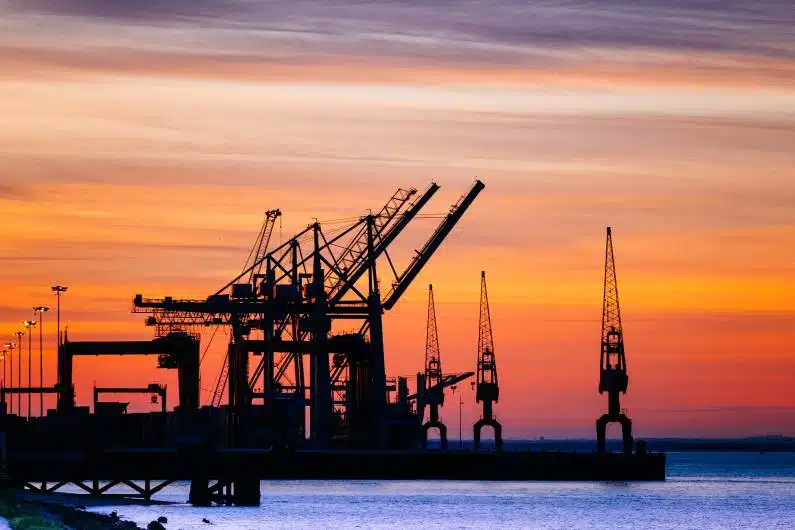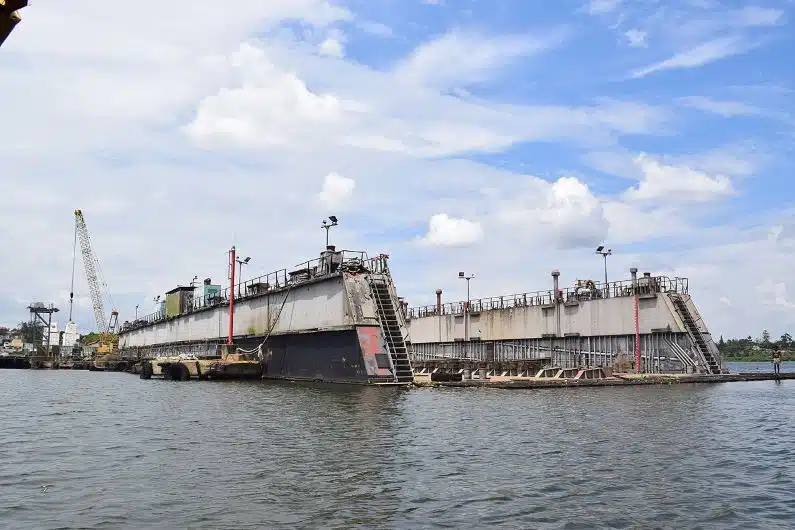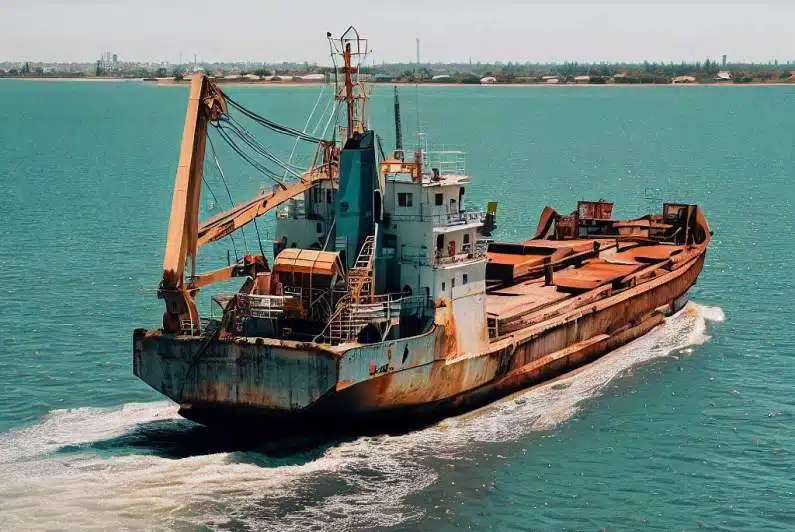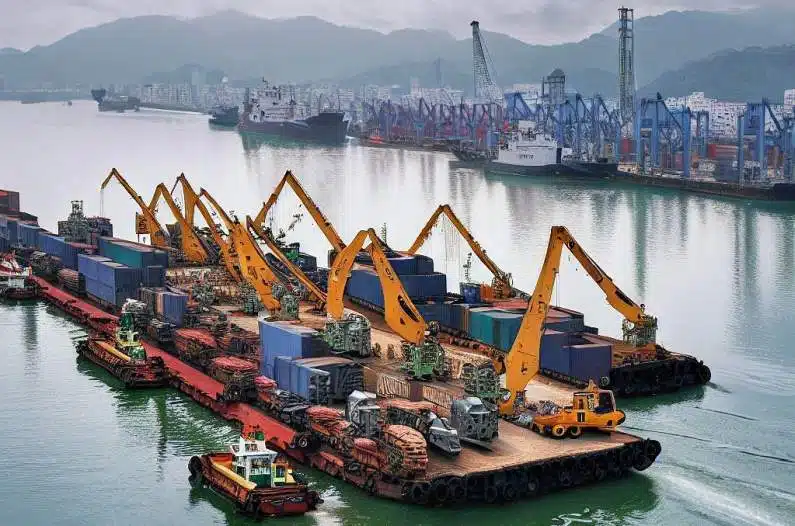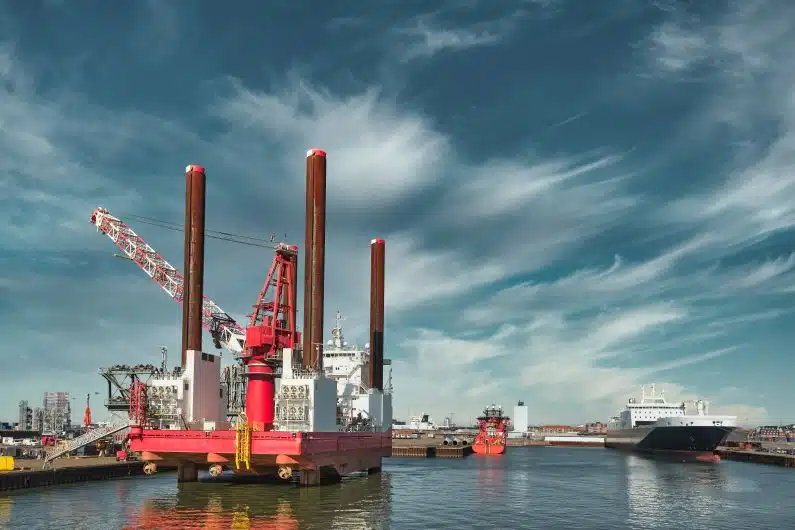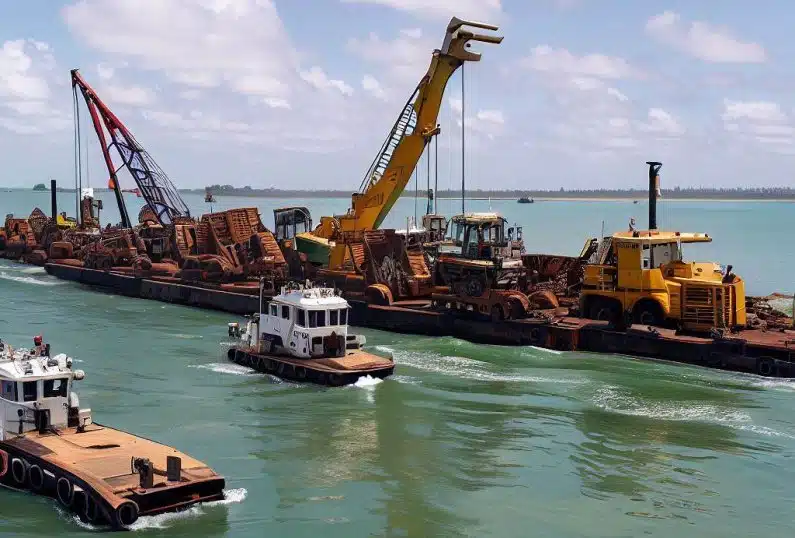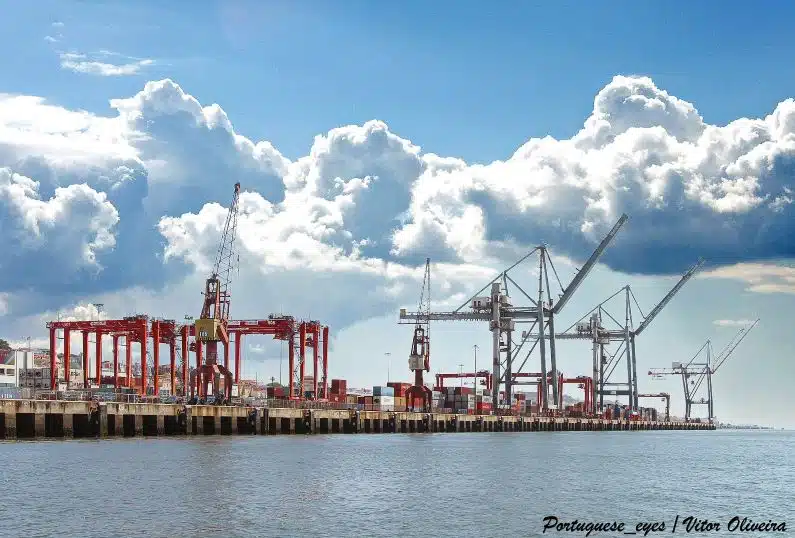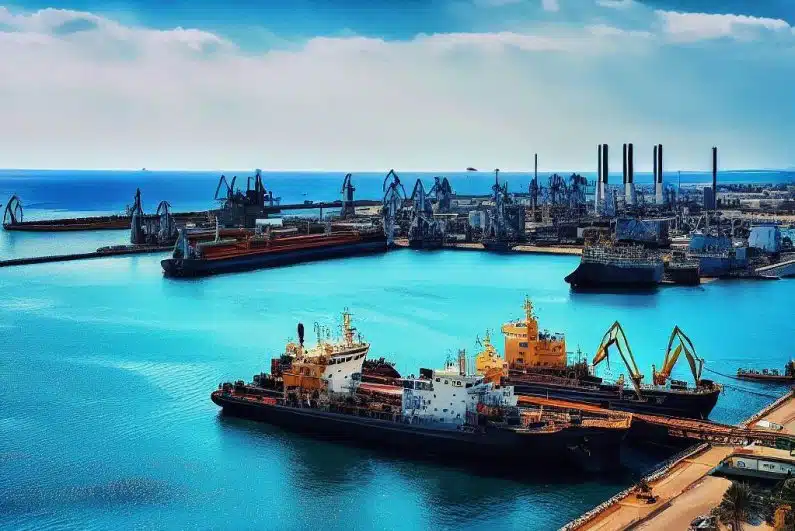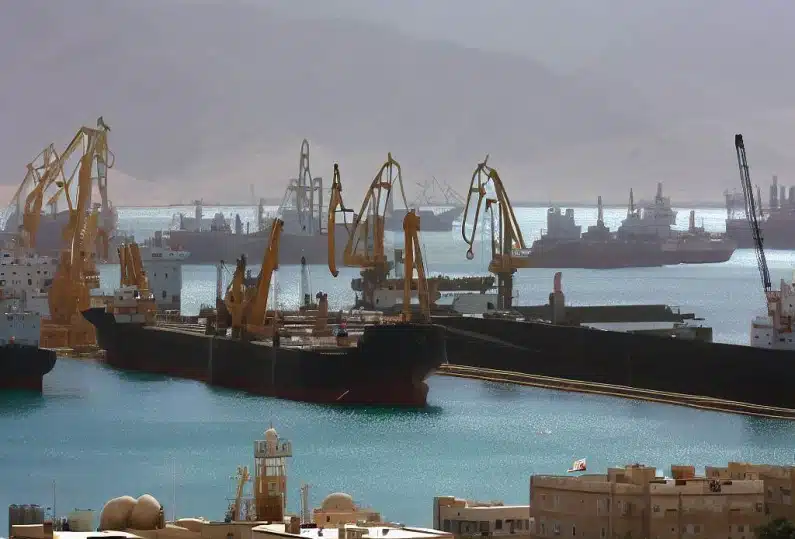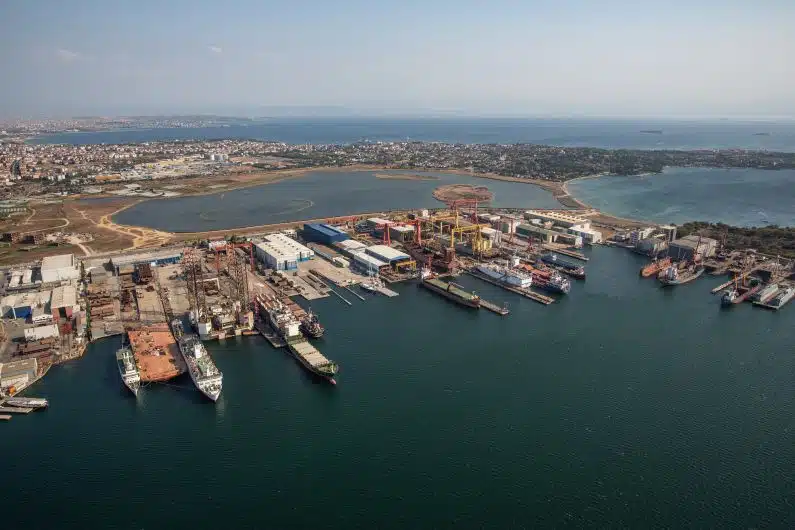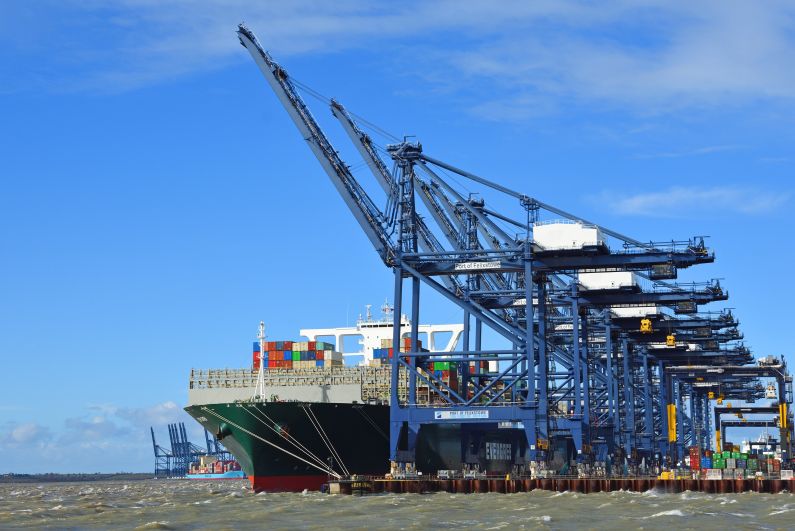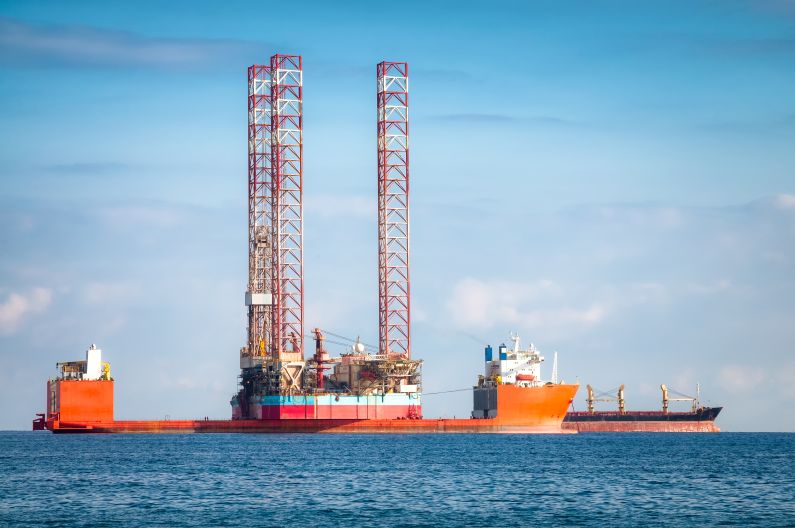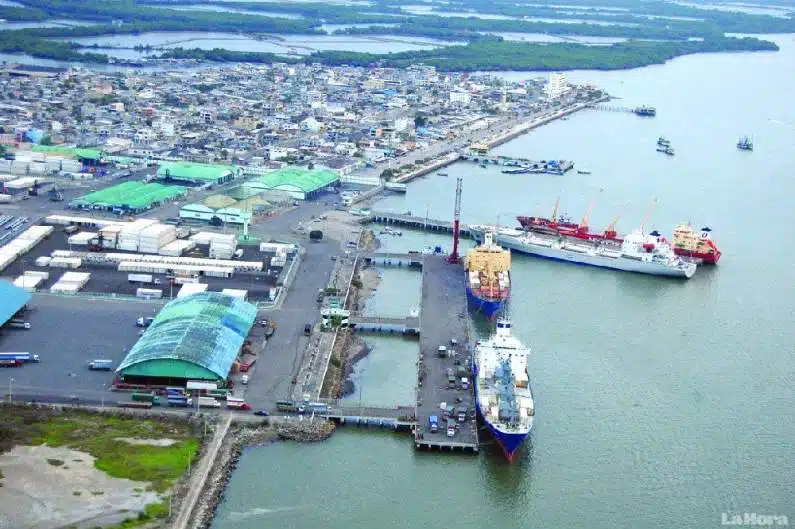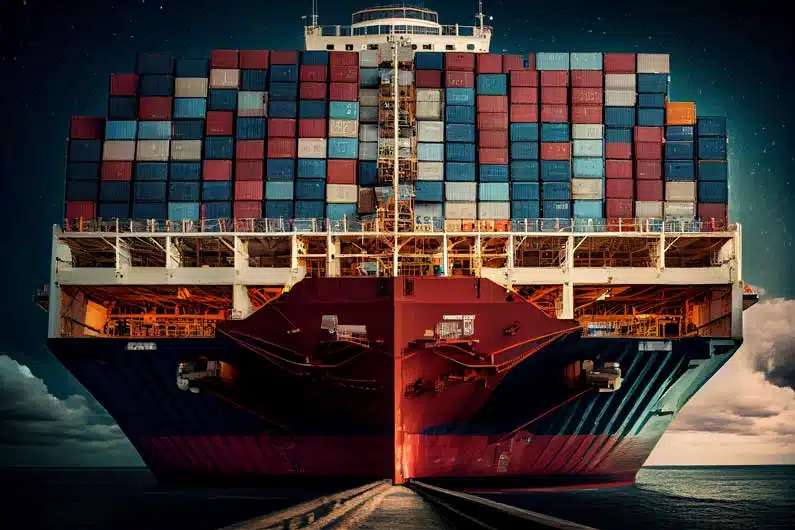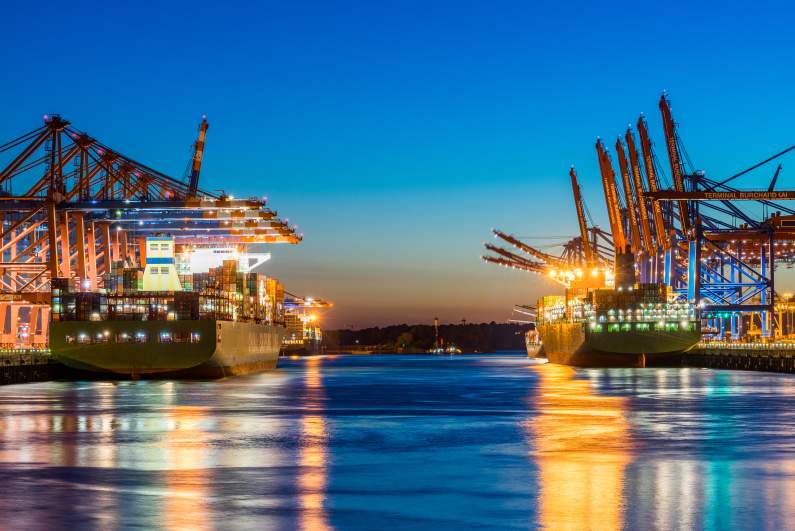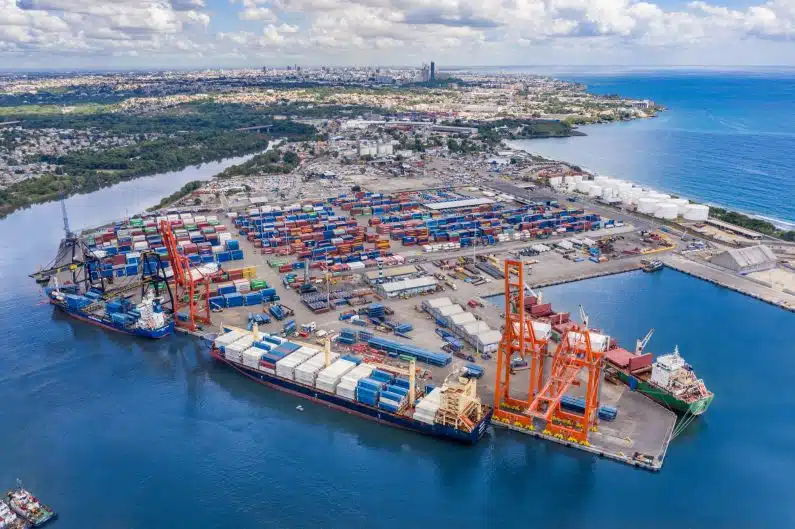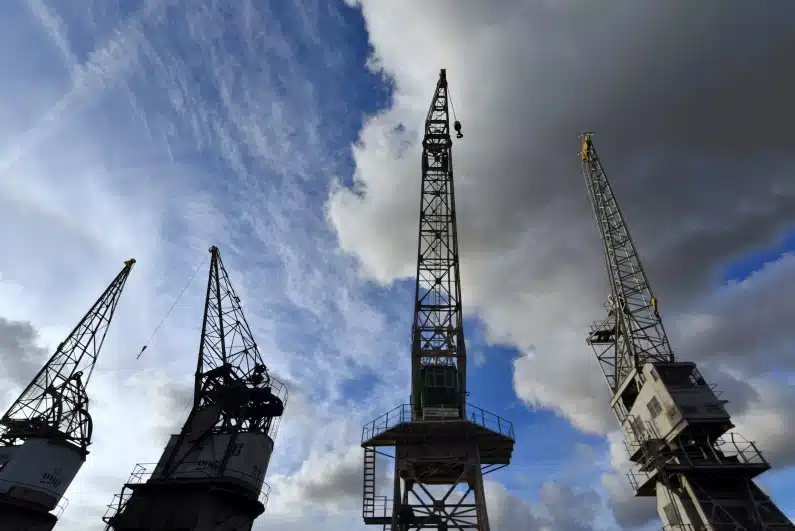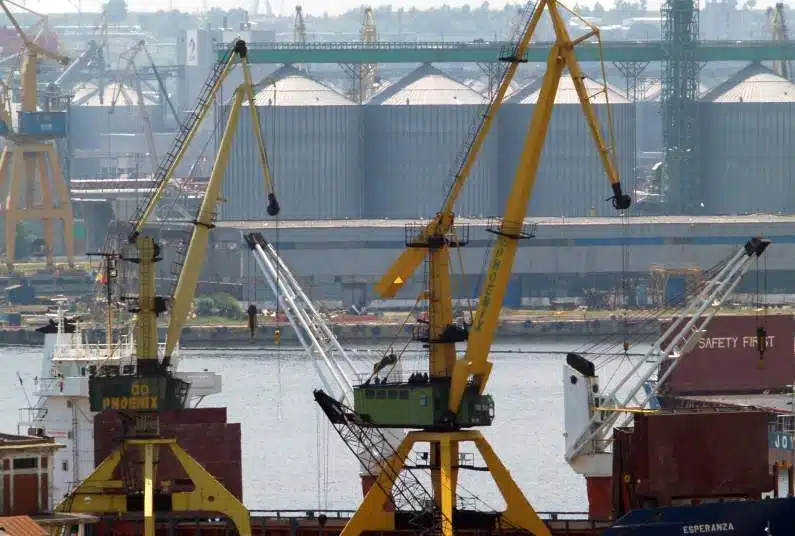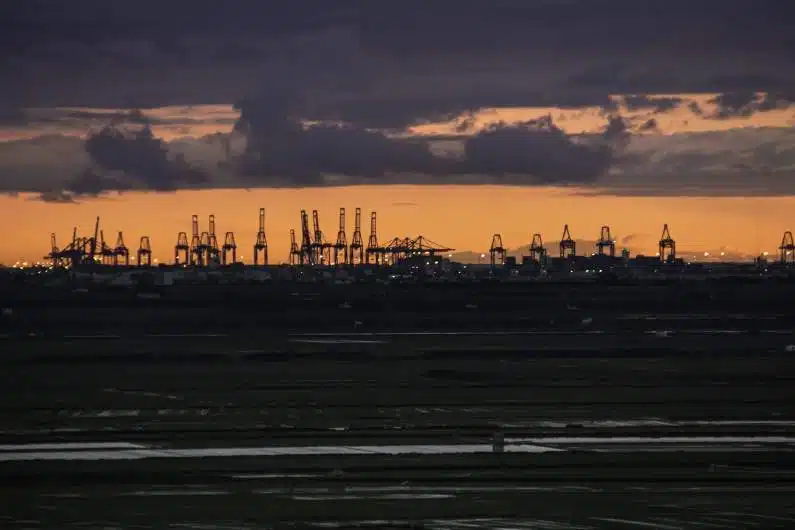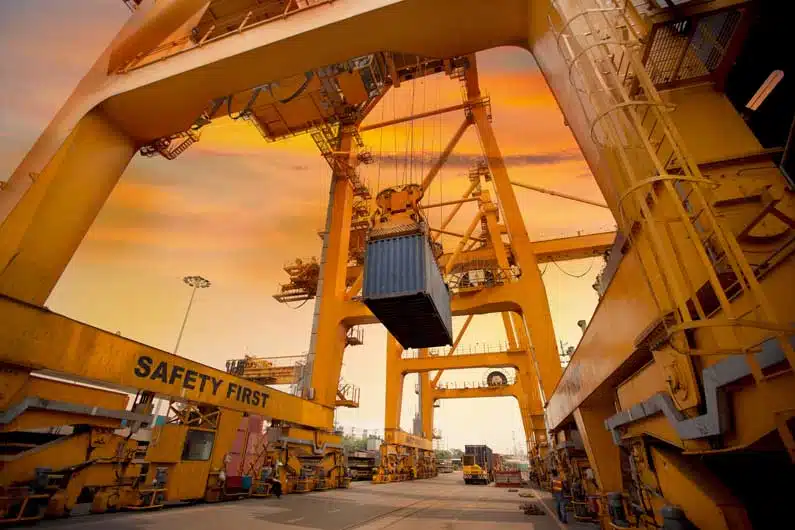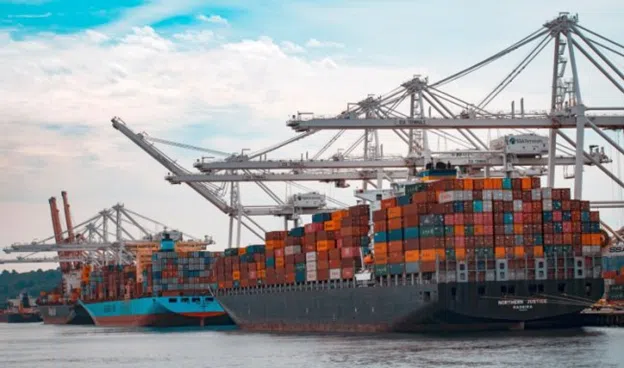In the global oil industry, an efficient and reliable process of shipping compressors is crucial to support operations across various regions. These essential pieces of oil equipment facilitate the compression and transportation of gases, playing a pivotal role in production and processing.
This article serves as a comprehensive guide, outlining key considerations and steps involved in shipping compressors to diverse parts of the world.
Why Shipping Compressors Globally Is Essential
In the vast and global oil industry, shipping compressors play a pivotal role in supporting operations across continents. These essential pieces of equipment, designed to compress and transport gases, are fundamental to various stages of oil production and processing.
The significance of shipping compressors worldwide, emphasizing operational efficiency, promoting industry growth, and meeting global energy demands is broken down as follows:
Enabling Efficient Oil Operations
Compressors are indispensable in the oil industry, contributing to the efficiency and productivity of operations worldwide.
By compressing gases, they facilitate the transportation of raw materials, such as natural gas, to processing facilities or distribution networks. Additionally, compressors play a vital role in enhancing oil recovery methods, including gas injection for reservoir pressure maintenance and enhanced oil recovery techniques.
Shipping compressors in a reliable and timely manner ensures that these critical operations can be conducted seamlessly, optimizing production processes and minimizing downtime.
Supporting Global Energy Demands
In an energy-dependent world, shipping compressors are essential for meeting the growing global demand for oil and gas resources.
As emerging economies continue to expand and established economies strive to meet their energy needs, the efficient transportation of compressors enables oil-producing regions to bridge the gap between supply and demand.
By facilitating the exploration, extraction, and processing of hydrocarbons, compressors contribute to a stable and reliable supply of energy resources on a global scale.
Facilitating Industry Expansion
Shipping compressors worldwide is essential in supporting the expansion of the oil industry into new frontiers.
As oil companies venture into remote or challenging environments, such as deep-sea drilling or unconventional oil and gas reserves, the availability of compressors becomes critical.
Shipping compressors to these regions allows for the establishment of infrastructure and the implementation of advanced production techniques. This expansion fosters economic growth, creates employment opportunities, and bolsters the development of local economies.
International Collaboration and Expertise Exchange
Shipping compressors globally facilitates international collaboration and the exchange of expertise within the oil industry.
As compressors are sourced from manufacturers and suppliers across different regions, shipping compressors worldwide become the bridge that connects the expertise of engineers, technicians, and professionals from various countries.
This exchange of knowledge fosters innovation, drives technological advancements, and enhances the overall efficiency and safety of compressor operations worldwide.
Promoting Sustainability and Environmental Responsibility
Globally shipping compressors also contribute to promoting sustainability and environmental responsibility in the oil industry.
As the world transitions toward cleaner and greener energy sources, compressors play a critical role in carbon capture and storage initiatives. By compressing carbon dioxide emissions for storage underground, these devices help reduce greenhouse gas emissions and mitigate the impact of climate change.
Shipping compressors to regions actively pursuing sustainable energy solutions supports these initiatives and encourages the adoption of environmentally friendly practices.
The Process of Shipping Compressors
Preparing the Compressor for Shipment
Before initiating the shipping process, proper preparation of the compressor is vital to ensure its safe transportation.
This involves conducting a thorough inspection to assess its condition, securing loose components, and protecting vulnerable parts. Disconnecting electrical and fluid connections, draining fluids, and purging the system of any residual gases are critical steps to mitigate potential hazards while shipping compressors.
Selecting the Right Shipping Method
Choosing the appropriate shipping method is crucial to safeguard the compressor and optimize logistics. Generally, compressors are transported through three primary shipping modes:
Air Freight
Ideal for urgent or high-value shipments, air freight offers speed and security.
Compressors must be adequately packaged in robust crates or containers, taking into account size and weight restrictions imposed by airlines. Although coming at a higher price, air freight will ensure your compressors arrive in a timely matter.
Ocean Freight
Suitable for shipping compressors that are larger and bulkier, ocean freight is cost-effective for long-distance transportation.
Compressors must be carefully packed in appropriate containers, considering factors such as size, weight, and compatibility with the chosen shipping vessel. Although shipment will take more time, shipping compressors will be much more cost-efficient.
Land Freight
When shipping compressors to nearby regions or neighboring countries such as Mexico and Canada, land freight via trucks or rail offers convenience and cost-efficiency.
The compressor must be securely loaded onto specialized trailers, ensuring stability and protection from road or rail vibrations.
Compliance with Customs and Regulations
Navigating customs regulations is a crucial aspect of international shipping. Complying with import and export requirements, including licenses, permits, and documentation, is essential to prevent delays or penalties.
Work closely with experienced customs agents or freight forwarders who can guide you through the necessary paperwork, tariff classifications, and country-specific regulations for shipping compressors.
Packaging and Securing the Compressor
Proper packaging is essential to protect the compressor during transit. Robust wooden crates or metal containers should be used to safeguard against external impacts and environmental conditions.
Ensure the compressor is adequately cushioned with shock-absorbing materials and immobilized to prevent movement. Labels indicating fragility, handling instructions, and hazardous materials, if applicable, must be affixed to the packaging for clear identification.
Insurance Coverage
To mitigate financial risks associated with potential damage or loss during shipping, obtaining comprehensive insurance coverage is advisable. Consult with insurance providers specializing in cargo insurance to determine the appropriate coverage based on the compressor’s value and shipping route.
Tracking and Monitoring
Texas International Freight provides clear tracking for all items. Utilize tracking and monitoring systems to maintain visibility throughout the shipping process. Collaborate with Texas International Freight for real-time tracking capabilities, enabling you to monitor the compressor’s location, condition, and transit progress.
Receiving and Installation
Upon the compressor’s arrival, conduct a thorough inspection to ensure it remains in optimal condition. Coordinate with local contractors or service providers to handle the installation, ensuring compliance with safety regulations and manufacturer guidelines.
Expert technicians should conduct post-shipping inspections, perform necessary maintenance, and conduct operational tests before putting the compressor into service.
Secure Worldwide Shipping
Shipping compressors and other oil equipment worldwide demands meticulous planning, adherence to regulations, and a focus on safeguarding these critical assets.
By following these essential steps, oil industry professionals can successfully navigate the global market, ensuring the efficient and safe transportation of compressors to various parts of the world.
Embracing best practices and collaborating with experienced shipping and logistics partners empower companies to maintain operational continuity and support oil industry growth

